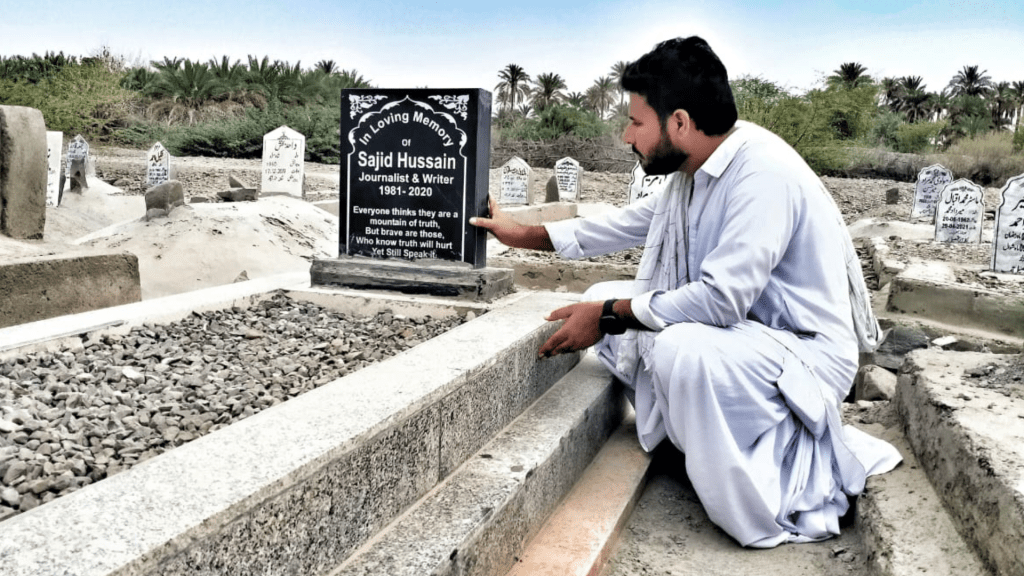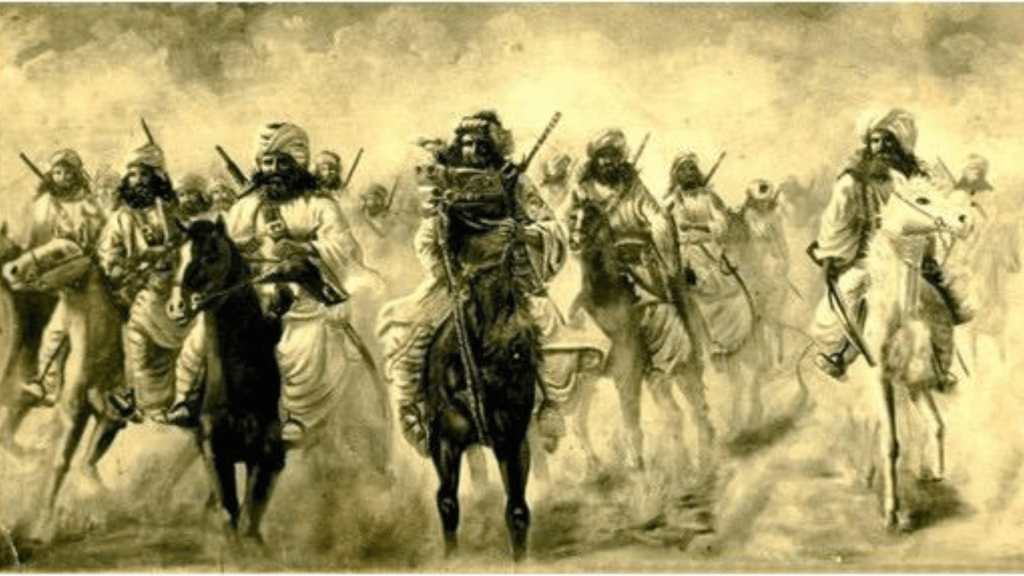This article is in response to Nodan Baloch’s opinion piece, War Profiteers of Balochistan, published in Balochistan Times on December 24, 2017.
Although I agree with Nodan Baloch that all wars attract profiteers and there are people who have benefited or tried to benefit from the conflict in Balochistan, I strongly disagree with some of the names he has mentioned to hint they have profited from the Baloch insurgency.
There is no doubt that the National Party (NP) and the Balochistan National Party (BNP-A) have successfully tried to cash in the blood shed by the Baloch activists for the recognition of their national rights. Dr Abdul Malik was made chief minister of Balochistan under a deal for his role in favour of the federation of Pakistan despite the fact that his party lacked enough seats in the provincial assembly.
But I contest Nodan Baloch’s accusation that Hairbiyar Marri or Mehran Marri are among the war profiteers. He hints in his article that the sardars are using the common Baloch to die while they enjoy the luxuries earned from the war in Europe. This argument is wrong on many grounds.
The sardars had been richer before the Baloch insurgency. Nawab Akbar Khan Bugti was one of the richest persons in Pakistan. When he joined the Baloch armed struggle, he did not mean to draw financial benefits from it. As a matter of fact, his or Brahmdagh Bugti’s bank accounts lost many digits because of their decision to become part of the Baloch separatist struggle.
Similarly, the Marri family, including Haribiyar Marri and Mehran Marri, have been living in Europe with the same luxuries of life before any bullet was fired by the Baloch sarmachars. They were the ones who bought the bullets later used against the army. Pakistan has confiscated their lands and other sources of income to punish them for their nationalist politics.
Apart from losing digits in bank accounts, they have, more importantly, lost their tribal hold and power in their respective areas. Marries ruled Kohlu and Kahan while Bugtis used to have absolute power in Dera Bugti and Sui. They could have become richer and more powerful if they had agreed to side with the Pakistan army. They rather sacrificed their tribal status by getting involved with the Baloch struggle for a separate homeland.
It is also not true that these sardar families have shied away from sacrificing their lives. Nawab Akbar Bugti could have spent the remaining few years of his life in peace and luxury. He rather chose to lead his tribesmen against the Pakistan army at the age of eighty.
The blue-eyed Balach Marri was among the common Baloch fighters when he was assassinated. Similarly, Brahmdagh Bugti spent quite some time on the ground. He was lucky to not have been killed.
I am not a fan of sardars and their riches. I think a lot of miseries of the Baloch have been caused by the sardars and the outdated sardari system. I am also against the lavish lifestyle of some Baloch sardars who claim to be representing the poor Baloch people in the West.
Yet, I believe that their role in the Baloch struggle cannot be dismissed altogether. They had nothing to lose by siding with Pakistan like other sardars or BNP-A or National Party leaders. They rather chose to side with the weaker party. It is a daring act.



